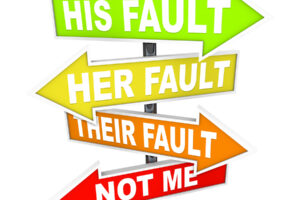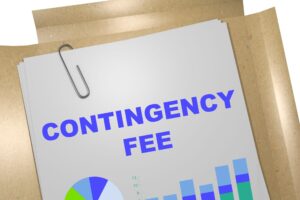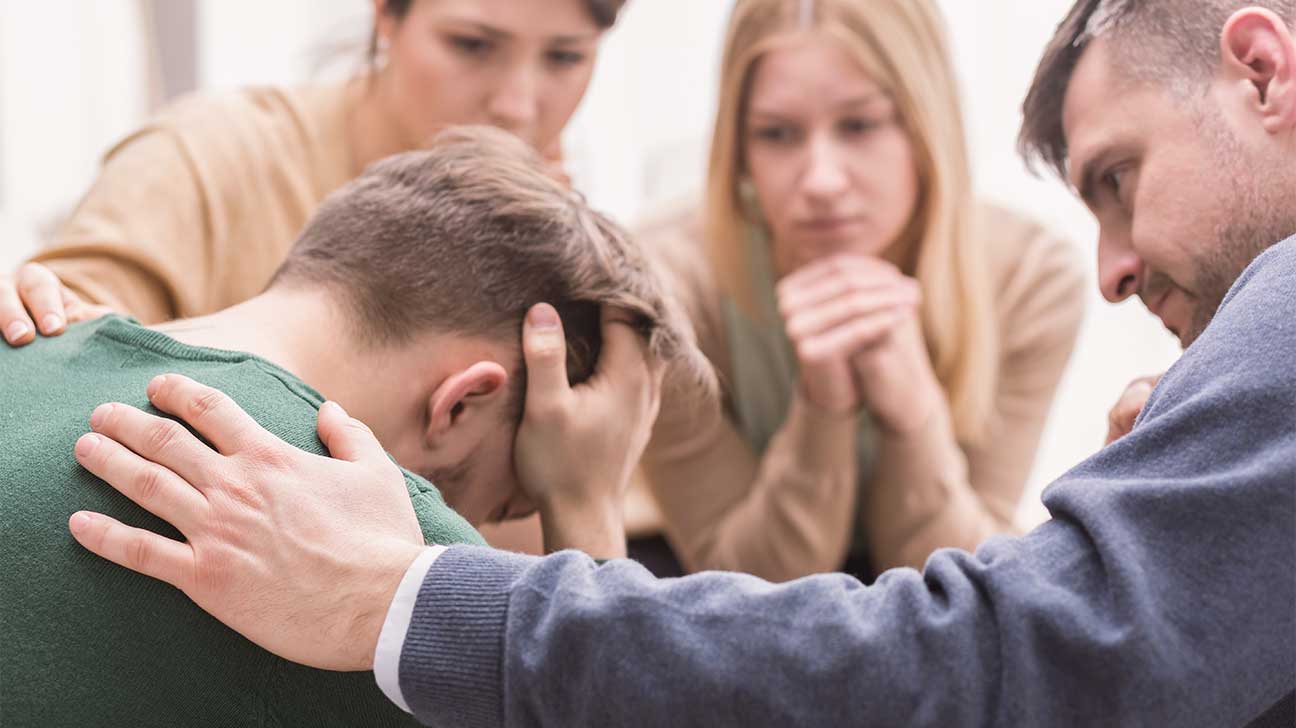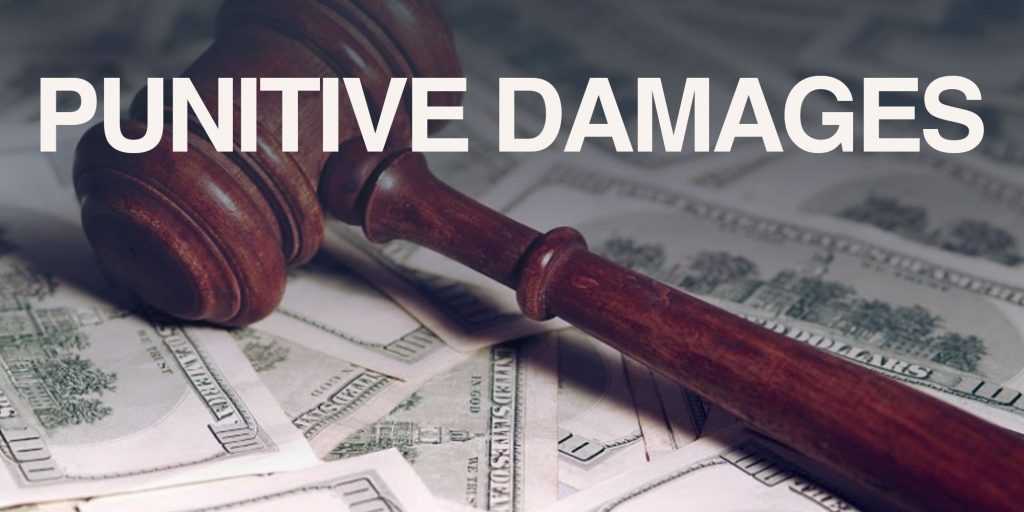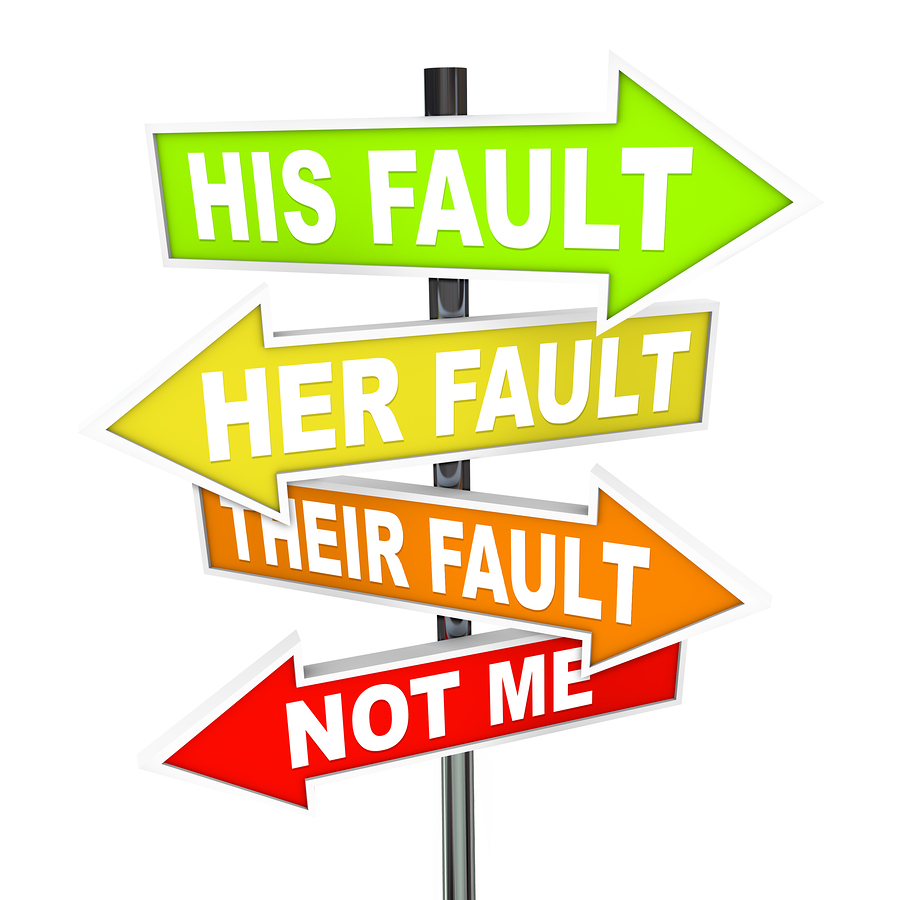A hit-and-run is a traffic law crime that occurs when a driver crashes into another vehicle, person or property and then does not stop to provide the following information:
Their name;
Their driver’s license number;
Name of the insurance company;
Their insurance policy number;
The license plate number.
The injured party must receive this information, along with a witness and the law enforcement officers. It may suffice to attach the information above to damaged property if there has only been property damage and no one was injured.
It would not be considered a hit-and-run because you provided your information to claim responsibility. Despite the fact that state laws vary, there is a general consensus that all parties to an accident must stop and exchange their information. In some states, the offending party is required to file a police complaint in addition to exchanging information with the other parties.
There are many reasons why someone may hit and run. Most often, the driver is either uninsured or wanted for another crime. Traffic citations are issued in many vehicle accidents that occurred due to distracted driving.
State-by-state, the penalties for a hit-and run charge can vary. In addition to a traffic ticket, a hit-and-run accident can lead to criminal charges. Accidents that cause major property damage can be misdemeanors punishable by fines up to $5,000 or a year in prison. Nearly every state imposes additional administrative penalties related the license of the offending party.
If the victim of the accident suffers personal injury or damages to property, the driver who caused the accident may decide to file a civil suit against the offender. Plaintiffs may be entitled to compensation for medical costs, vehicle damage, emotional distress and other damages. These additional damages would be the responsibility of the offending driver.
In some jurisdictions, hit-and-run crimes that result in serious bodily injury, serious property damages, evading police or death may be charged as felonies instead of misdemeanors. Some jurisdictions classify felony hit-and-run charges in different degrees, for example “a felony of the fifth degree”.
When trying to find the driver of a hit-and-run accident, police will rely on eyewitnesses and evidence. Once you’ve called and filed a complaint, the police will try to collect as much evidence as possible from the accident scene.
These evidences include footage from surveillance cameras in the surrounding area, particularly parking lots and garages. Local businesses could also have surveillance footage that can help identify the vehicle involved in the accident.
Videos taken by witnesses using their mobile phones can also be used as evidence. This is becoming more common as so many people have a smartphone with a camera. Dashboard cameras can also provide footage that may be used to support a case. Other evidence includes vehicle and property damage such as paint that was left behind after the hit-and-run.
When the police try to find the driver who caused a hit-and-run collision, witnesses are an invaluable asset. Eyewitnesses are often required to make their own accident report in addition the one made by the driver. They may have taken a photo of the license plate or noted the number. They can also describe the vehicle in terms of color, make and model. Other drivers, pedestrians and employees from nearby businesses, as well as people in the parking area, may have important information.
Legal defenses for a hit-and-run accident may be difficult to come by. There are some defenses, but they do not always release you from all liability for your decision to leave the scene. They include:
Involuntary Intoxication (or Diminished Ability): If you think you have been drugged, involuntary alcohol intoxication could be used as a defense for your hit-and-run charge.
This could be the case if, after believing you had been drugged, you became involuntarily drunk and were involved in a hit-and-run accident. This defense is unlikely to be successful, but it has been tried.
Responding to a Crisis: If you flee the scene of the accident because you are driving to the emergency room (or somewhere else) due to an urgent situation, like driving a woman in labor to hospital, you may have defended yourself by responding to a crisis.
It is ultimately up to the authorities in that jurisdiction to determine if the circumstances constitute an emergency, so as to excuse you from remaining at the scene to provide the required information.
Lack of knowledge: This defense is used when someone leaves the scene of an accident believing that there was no property damage or injury to anyone. They could be held responsible for reckless or negligent driving. It may be difficult to prove that the driver did not know that their vehicle caused damage or injury to another person.
It is important that you do not leave the accident scene if you are involved in a hit-and-run, regardless of whether it was the victim or offending driver. It is important to stay at the accident scene, even if there is only minor damage. After the accident, stop the vehicle and contact the police. If possible, exchange information with the other motorist, including names, addresses and insurance details.
If you’re the victim of an accident, you should also note down everything you remember about the other driver, their vehicle and any details the police may need in the event that they leave and are unable to provide them. You should always ask witnesses to stay and wait until the police arrive, no matter what the circumstances are.
It is your responsibility to provide your contact information if you accidentally damage someone’s property when they aren’t around. For example, if you hit a parked vehicle. Include your name, contact number, insurance company, and other information. You may also want to call the police and ask them to document the accident. This is especially important if there appears to be extensive damage.
Do I need an attorney if I have been charged with hit-and-run?
If you have been charged with hit-and-run, it is in your best interests to consult a traffic violation lawyer who has the necessary experience and knowledge. You will be able to understand the laws of your state and determine if you have any defenses.
A personal injury lawyer can help you decide the best course of action to take, including filing a lawsuit for damages. We will guide you through the legal process.




